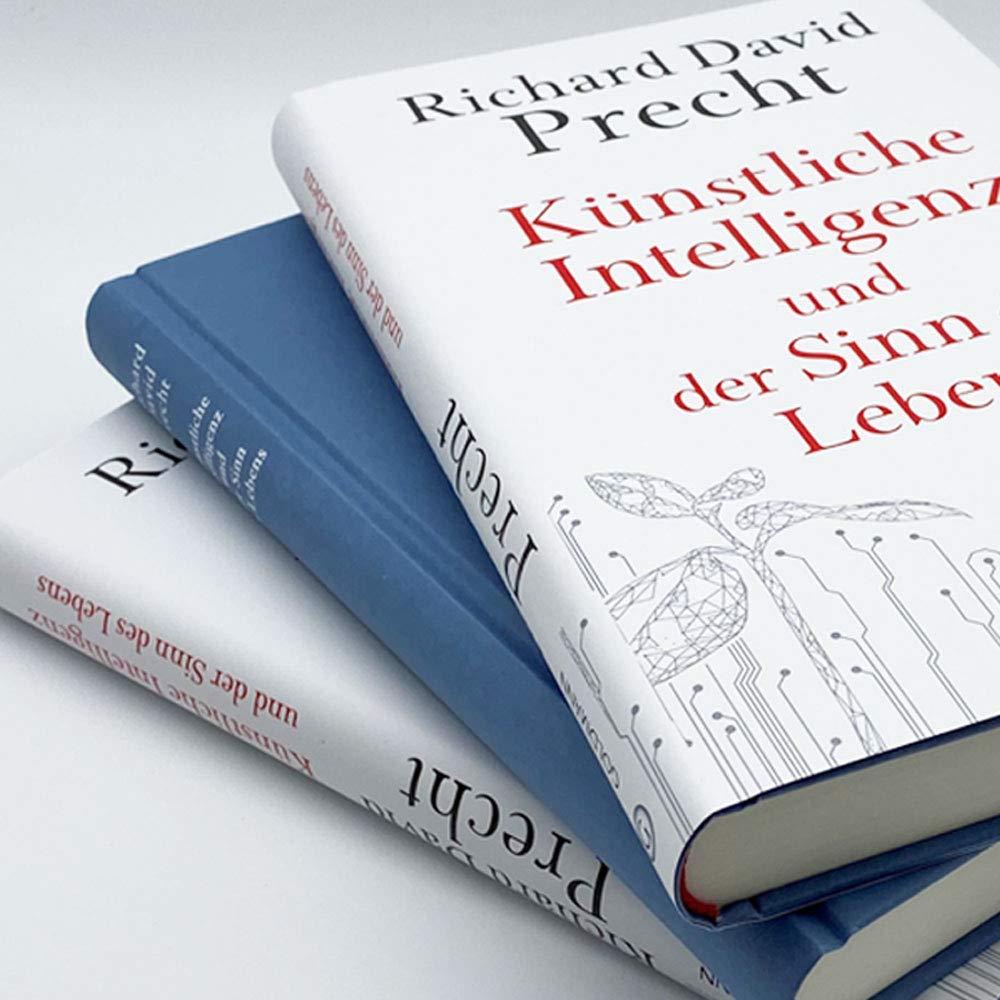If morality and subjectivity go hand in hand, what speaks against the fact that well-being, self-realization and material success can be viewed as subjectively meaningful and morally acceptable for many people? Again and again Precht takes up the question of human‘s meaning in life: “This is a highly subjective category, not an objective one. My meaning in life is nowhere to be found. It is always individual and therefore the opposite of general. „
Precht consistently praises ancient thinking and focuses on it against the currents of modernity: At that time, optimization meant becoming more relaxed. In modern times happiness always has to mean a kick, a challenge and it should always be something new.
Today’s generation dreams of something else: The high priests of Silicon Valley teach us to see incomplete machines in people instead of incomplete people in machines. Precht rejects hasty obedience to the rules of the game in our economy. The “urge to do more” is not due to a basic urge, but to the economism of society. He calls for a reflection on the qualities of life that were found in ancient Greece in the balance of soul forces, in an alert sensuality, as in Far Eastern faiths.

Richard David Precht perceives a threatening state of the world, largely due to the „AI systems of the high-tech oligarchs“, and fears the emergence of privatized markets in the hands of a few IT companies. His critical analysis of the present rather leads to an appeal that could evidently be understood as a résumé of the reflections:
„Millionen Jahre der Evolution haben den Menschen ziemlich gut an die Lebensbedingungen unseres Planeten angepasst, wenige Jahrzehnte der KI werden ihm kein besseres Paradies bauen können, eher eine Hölle. … Die Versprechen vom Überwinden des Menschen durch Superintelligenz und Raumfahrt sind nicht entfernt so aufregend wie das verlockende Ziel einer intakten Erde. Wie wenig haben wir von der Natur verstanden, der wir so leichtfertig eine vorbestimmte Richtung, einen objektiven Entwicklungssinn andichten, der den größten Konzernen in den Kram passt.“




